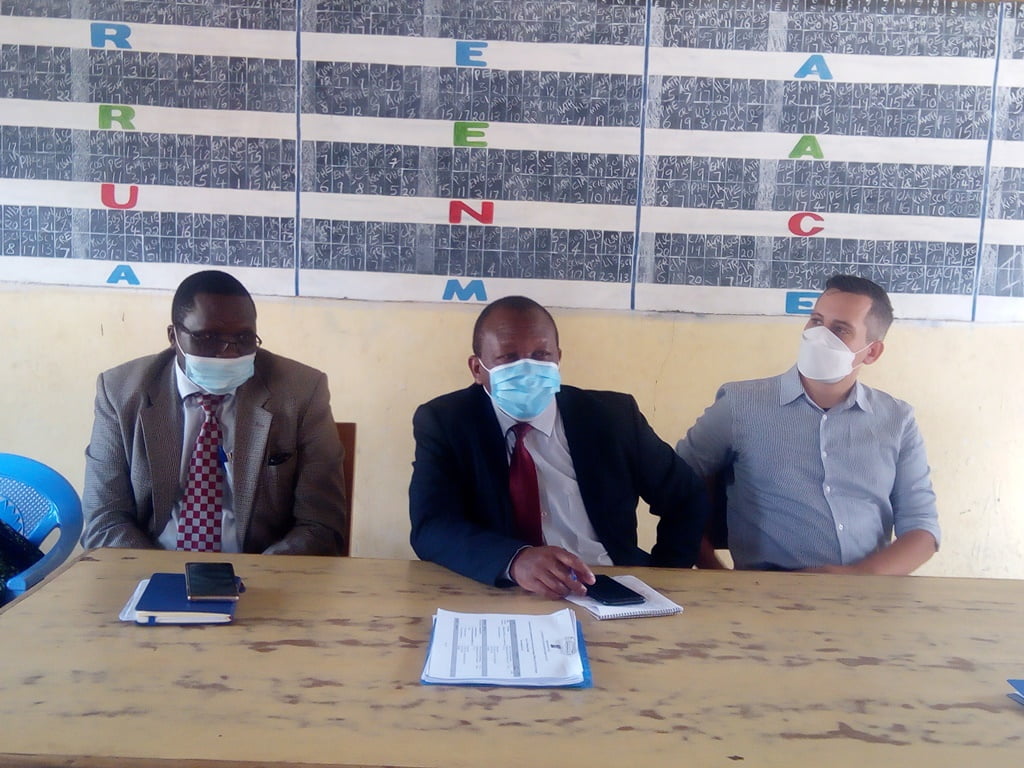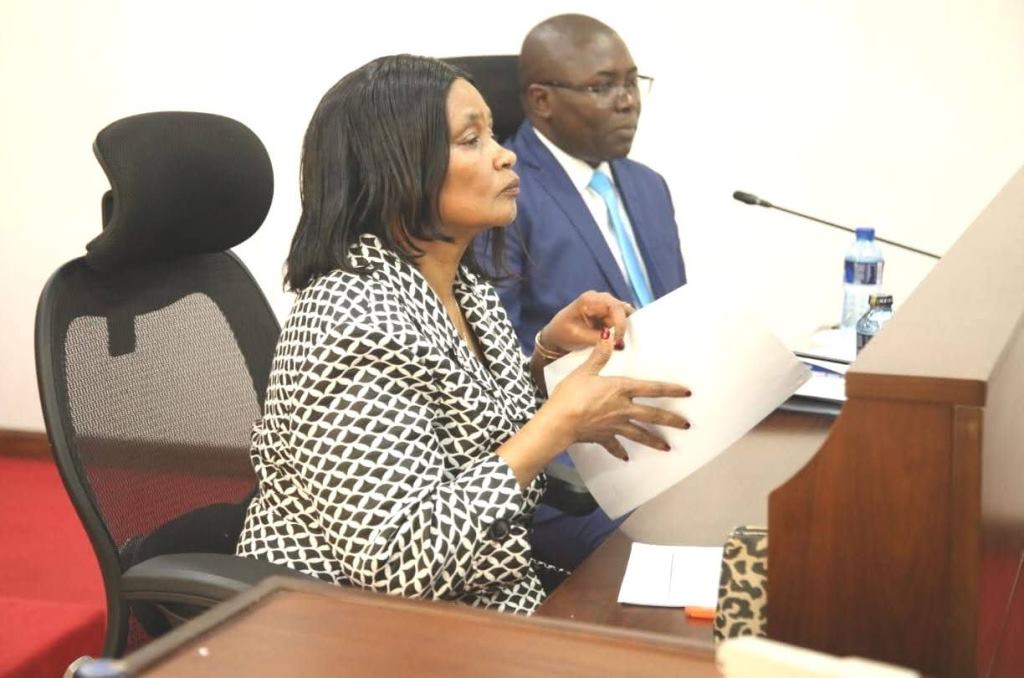By Correspondent
The Kenya Primary Education Development (PRIEDE) project funded by the Global Partnership for Education (GPE) to the tune of Sh. 8 billion in line with the Competence Based Curriculum (CBC) has borne fruits.
The project has benefitted over 10 million learners and 100,000 teachers.
The programme targeted to improve foundational numeracy (Early Grade Mathematics) and to strengthen management accountability systems in schools and at the national level.
Deputy Director for Education, Sebestian Owanga who spoke while on the assessment as well as closing mission of the project in Kakamega County said the project, which has run for the past five years, also involved training Head teachers and Board of Management (BOM) chairpersons for prudent financial management as well as provision of EGM textbooks to 6 million grade one and two pupils.
Over 46,000 stakeholders especially Board of Managements and head teachers were trained under the project.
Likewise text books benefitting 10 million learners were distributed and Sh2 billion was used to improve infrastructure and to buy instructional materials in schools to improve performances.
Owanga, said the mathematics teachers can now ensure that they actively engage, infuse ethics and empower the learners during the lessons.
He added the project has ensured adequate supply of text books and the learner to book ratio is one to one.
The DPCD stated that the newly adopted teaching methodologies employ the Competence Based Assessment (CBA) which is learner-friendly where they described as either, Meeting Expectation (M.E), Approaching Expectation (A.E) or Below Expectation (B.E).
“The CBA tool has discarded the use of derogatory words such as poor or weak that would lower the self-esteem of pupils with low competence,” he observed.
He added the teachers have shifted from the pedagogy that emphasizes quantity to that of quality where learners are now engaged during the lesson, taught morals and at the end of the lesson they are all empowered basing on their varied abilities.
The project further supported the government in coming up with the National Education Management Information System (NEMIS) into which Owanga called on the head teachers to ensure that all the pupils were registered as capitation disbursement will be based on this information.
The Director Teacher Education (DTE) Margaret Mwandale said they are encouraging collaborative teaching and learning where two teachers handle a lesson together and the learners are paired up.
Mwandale stated that at first, they trained selected teachers in counties but through the School Based Teacher Support (SBTS) initiative, the trained ones have taught the others.
The DTE said their mission was to look at school enrollment, staffing, performance trend, financial management and community involvement in school activities.
She stated that parents and the community are key stakeholders in the implementation of CBC therefore they should be part and parcel of the school management.
The Director observed that the introduction of the Teacher Performance Appraisal and Development (TPAD) tool has boosted teacher performance by reducing incidents of absenteeism.
She said as PRIEDE project closes, the next target is the teacher training colleges where they intend to ensure that the trainees are taught CBC-inclined pedagogical skills.
The other members of the delegation were Elizabeth Owiti from Elimu Coalition (EC) and Kananu Murungi from the directorate of Special Needs Education (SNE).
Joseph Muhombe, the Headteacher of St. Martin mixed boarding primary school for the deaf in Mumias West Sub County, lauded the MOE, GPE and other development partners for the efforts of uplifting education standards in the country.






